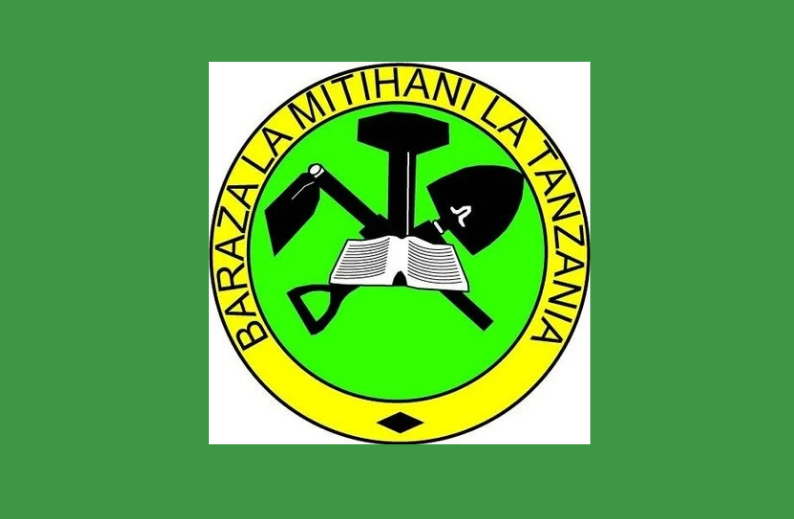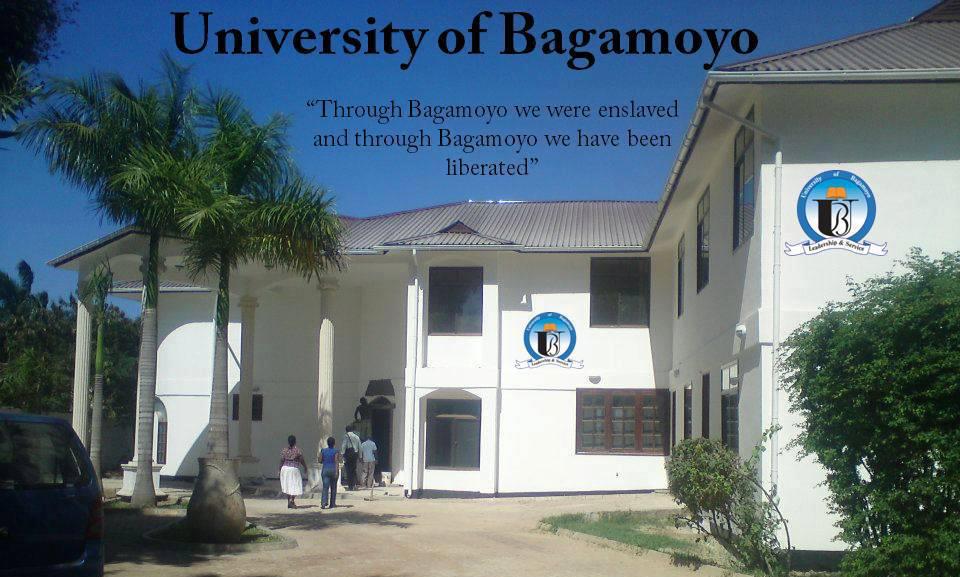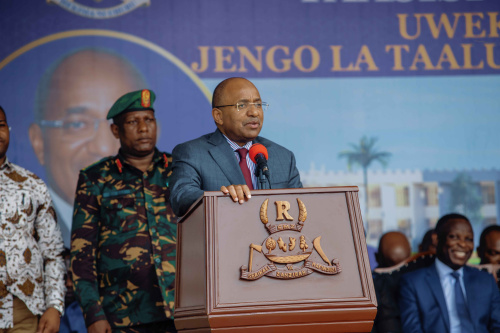How NECTA is Shaping Tanzania’s Education System: The National Examinations Council of Tanzania (NECTA) plays a crucial role in shaping the country’s education system. From primary school to higher education, NECTA is responsible for conducting national exams that determine students’ academic progress and future educational opportunities.
As Tanzania continues to make strides toward improving its education sector, NECTA’s role has become more significant than ever. In this blog post, we will explore how NECTA is shaping Tanzania’s education system, its responsibilities, challenges, and the impact of its exams on students, teachers, and the nation as a whole.

How NECTA is Shaping Tanzania’s Education System
1. The Role of NECTA in Tanzania’s Education System
NECTA is an autonomous government body established under the Ministry of Education, Science, and Technology. Its primary responsibility is to administer national examinations for students at various levels of education.
These exams serve as a critical measure of academic achievement and are used to assess students’ readiness for the next stage of their education.
The council is responsible for organizing exams for:
- Primary School Leaving Examinations (PSLE): Taken by students at the end of their primary education (Standard 7).
- Form Four Examinations (CSEE): Taken by students at the end of their Ordinary Level (O-Level) secondary education.
- Form Six Examinations (ACSEE): Taken by students at the end of their Advanced Level (A-Level) secondary education.
- Tertiary Entrance Examinations: Used to assess students’ eligibility for higher education institutions.
NECTA ensures that these exams are fair, transparent, and in line with national education standards. By overseeing the examination process, NECTA helps maintain the integrity and quality of education in Tanzania.
2. NECTA’s Impact on Education Quality
One of the most significant ways NECTA is shaping Tanzania’s education system is by contributing to the overall quality of education. The exams conducted by NECTA are designed to test not only the knowledge of students but also their critical thinking, problem-solving, and analytical skills.
This helps to ensure that students are not just memorizing facts but are also able to apply their learning in real-world situations.
Moreover, NECTA’s involvement in setting national standards for examinations ensures that there is consistency in the quality of education across the country. Students from both urban and rural areas are held to the same academic standards, promoting equality in education.
3. Providing Equal Educational Opportunities
NECTA plays a key role in providing equal educational opportunities for all students in Tanzania. The council’s exams are designed to be accessible to students from diverse backgrounds, ensuring that every child, regardless of their socio-economic status or geographical location, has the same chance to succeed.
By providing a centralized system for exams, NECTA ensures that students in remote areas are not disadvantaged compared to those in urban centers. Additionally, the exams are offered in both Swahili and English, allowing students from different linguistic backgrounds to participate without language barriers.
4. Ensuring Transparency and Accountability
One of NECTA’s core functions is to ensure transparency and accountability in the examination process. The council works to prevent cheating and malpractice during exams by implementing strict security measures. This includes the use of secure exam papers, monitoring exam centers, and providing clear guidelines for both students and invigilators.
Moreover, NECTA is committed to publishing results in a timely manner, ensuring that students, parents, and schools can access their results without unnecessary delays. This transparency helps build trust in the education system and encourages students to take their studies seriously.
5. Supporting Educational Research and Policy Development
NECTA’s role extends beyond administering exams. The council also contributes to educational research and policy development in Tanzania. By analyzing exam results and trends, NECTA provides valuable data that can be used to inform educational policies and strategies.
For example, NECTA’s data can help identify areas where students are struggling, allowing the government and educational institutions to implement targeted interventions to improve teaching and learning.
Additionally, NECTA’s reports and research findings contribute to the development of curricula that are aligned with national priorities and global trends.
6. Challenges Faced by NECTA
Despite its many contributions to Tanzania’s education system, NECTA faces several challenges. One of the main issues is the increasing number of students sitting for national exams. With a growing population and higher enrollment rates in schools, the demand for examination services has skyrocketed.
This has put pressure on NECTA’s resources and infrastructure, making it difficult to manage the volume of exams efficiently.
Another challenge is the issue of cheating and exam malpractice. While NECTA has implemented strict measures to prevent cheating, it remains an ongoing concern. The council must continue to innovate and improve its security measures to maintain the credibility of its exams.
Finally, NECTA also faces challenges related to the digitalization of education. As more schools and students embrace technology, NECTA must adapt its systems to incorporate digital exams and online results. This transition will require significant investment in technology and training.
7. NECTA’s Contribution to Tanzania’s Development
NECTA’s work extends beyond the education sector and has a direct impact on Tanzania’s overall development. By providing students with the tools they need to succeed academically, NECTA is helping to create a skilled workforce that can contribute to the country’s economic growth.
Moreover, NECTA’s exams play a crucial role in ensuring that only qualified individuals enter higher education and the job market. This helps to maintain high standards in both academia and the workforce, contributing to the overall development of Tanzania.
8. The Future of NECTA and Tanzania’s Education System
As Tanzania continues to develop, NECTA’s role will become even more important. The government has already begun implementing educational reforms aimed at improving access to quality education, and NECTA will play a central role in ensuring that these reforms are successful.
In the future, NECTA may focus more on incorporating digital technology into the examination process, improving teacher training, and expanding access to education in underserved areas.
Additionally, NECTA will continue to collaborate with international organizations and educational institutions to ensure that Tanzania’s education system meets global standards.
Conclusion: NECTA’s Vital Role in Shaping Tanzania’s Education System
NECTA is more than just an examination body—it is a central pillar in Tanzania’s education system. Through its role in administering exams, maintaining standards, and contributing to educational research, NECTA is helping to shape the future of education in Tanzania.
While there are challenges to overcome, the council’s work has already made a significant impact on the quality and accessibility of education in the country.
As Tanzania moves forward, NECTA will continue to play a vital role in ensuring that all students have the opportunity to succeed academically and contribute to the nation’s development.
By supporting educational reforms, promoting transparency, and maintaining high standards, NECTA is paving the way for a brighter future for Tanzanian students and the nation as a whole.
Related articles


